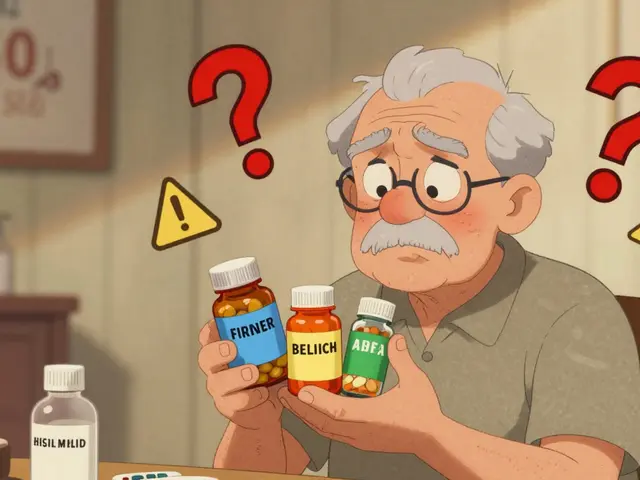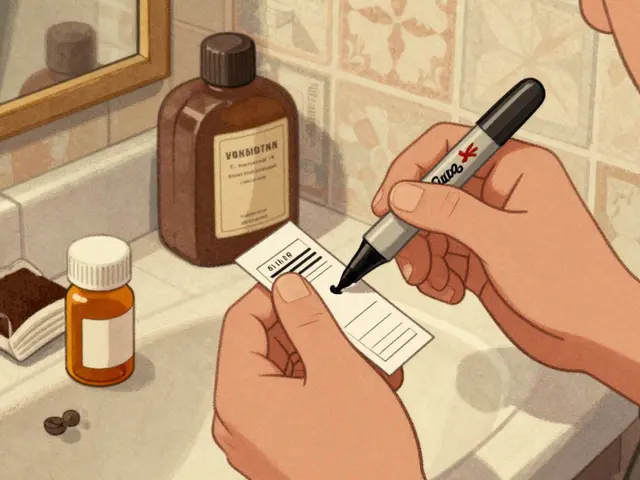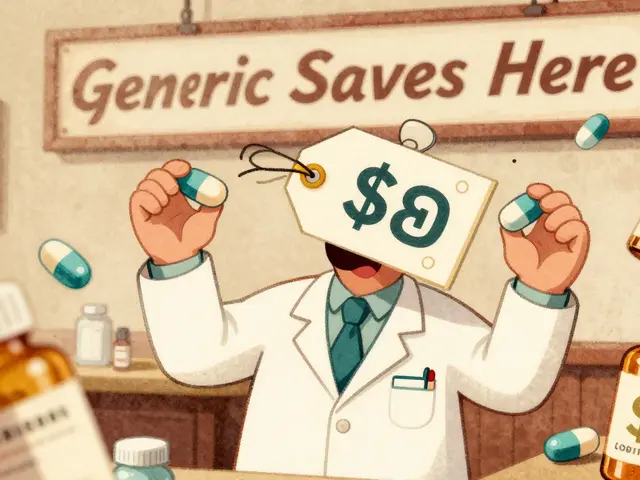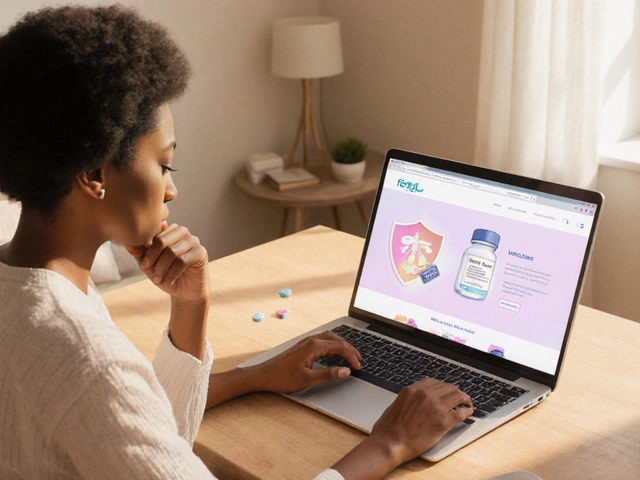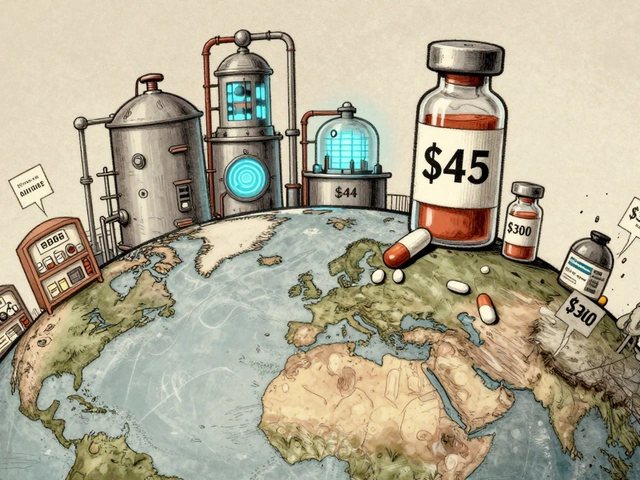Infection prevention: practical steps you can use every day
Infection prevention isn't complicated. Small habits reduce your chances of catching or spreading infections — from colds to more serious bacterial illnesses. Below are clear, specific, and proven steps you can start using today.
Wash your hands properly. Scrub with soap and water for at least 20 seconds — front, back, between fingers, and under nails. Sing "Happy Birthday" twice if you need a timer. Use an alcohol-based hand sanitizer with at least 60% alcohol when soap and water aren't available.
Use masks when risk is higher. A well-fitted surgical mask blocks most droplets; an N95 or KN95 offers extra protection in crowded or poorly ventilated spaces. Cover both nose and mouth, and avoid touching the mask while wearing it. Replace disposable masks after a day of use or sooner if damp.
Keep vaccinations up to date. Vaccines cut the risk of many infections and lower disease severity. Check routine adult vaccines, seasonal flu shots, and any travel-specific shots before a trip. If you have chronic illness, ask your doctor which boosters matter most for you.
Mind wounds and skin care. Clean cuts with soap and water, apply an antiseptic, and cover with a clean bandage. Change dressings at least daily or when they get wet or dirty. Seek medical help if a wound gets red, warm, swollen, or drains pus.
Clean smart, not obsessively
Focus on high-touch surfaces: doorknobs, light switches, phone screens, and faucet handles. Use a household disinfectant listed for killing viruses and bacteria, or a diluted bleach solution (follow label directions). For phones, use alcohol wipes safe for electronics. Avoid mixing cleaners like bleach and ammonia.
Everyday habits that add up
Cover coughs and sneezes with a tissue or your elbow, not your hands. Stay home when sick to protect coworkers and family. Keep distance in crowded places if you or others are at higher risk. Improve ventilation at home by opening windows or using an air purifier with a HEPA filter when possible.
Be careful with antibiotics. They only work for bacterial infections, not viruses. Never use leftover antibiotics or take them without a prescription. Talk to your clinician about the right test and treatment — overuse fuels resistance and makes future infections harder to treat.
Food and travel tips: cook meat to safe temperatures, refrigerate leftovers promptly, and wash fruits and vegetables. When traveling, carry hand sanitizer, avoid close contact with sick people, and follow local public-health advice.
Know when to see help. Seek medical care for high fevers, difficulty breathing, severe pain, confusion, or wounds that worsen. Quick attention can stop a mild infection from becoming serious.
Small, consistent actions protect you and others. Start with handwashing, sensible masking, and keeping vaccines current — those three moves lower risk a lot. If you want a printable checklist or a quick guide for your family, say the word and I’ll make one.
Want more tips? Tell me your situation and I’ll tailor a simple prevention plan for you.
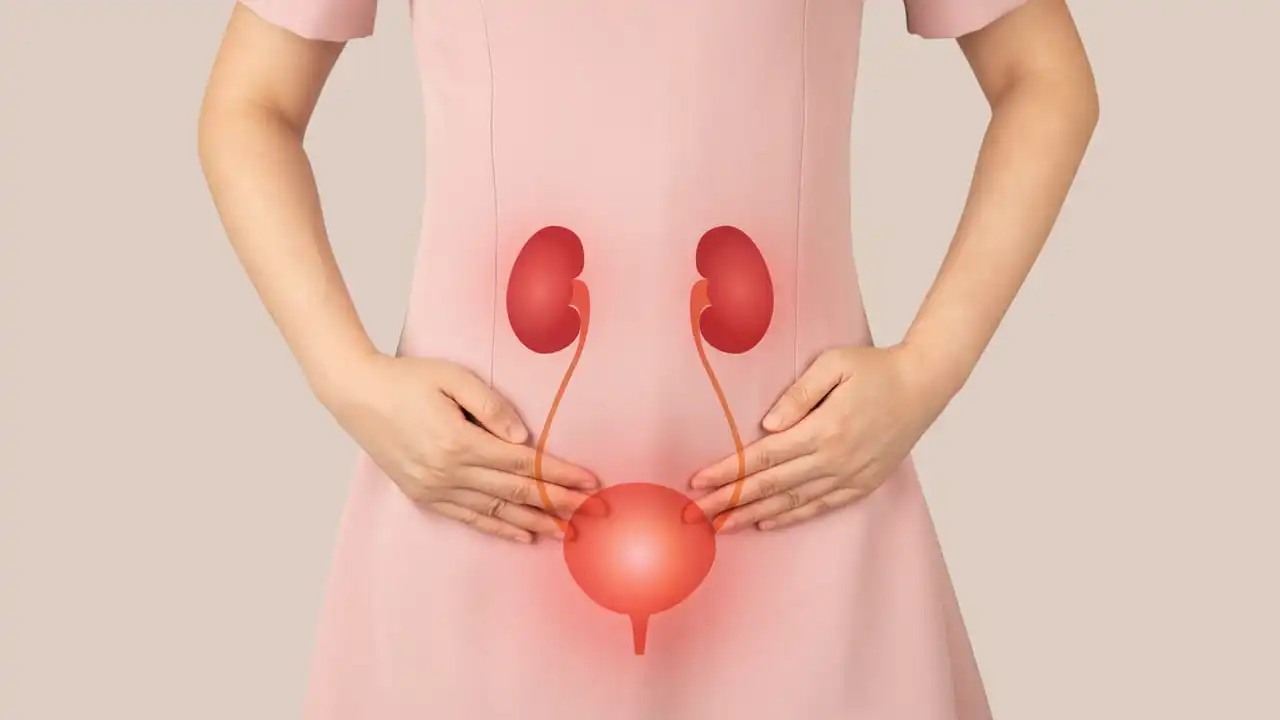
Bladder infections and urinary retention: What you need to know
Hey, folks. I thought it's high time we had a chat about something real important - bladder infections and urinary retention. These health nuisances can crop up when you least expect it, affecting your daily life. In this article, I'll be unraveling what exactly these conditions are, their causes, and most importantly, how you can prevent them. Stick around for insider tips on maintaining optimal urinary health. Because trust me, understanding is the first step to prevention.
Read More
